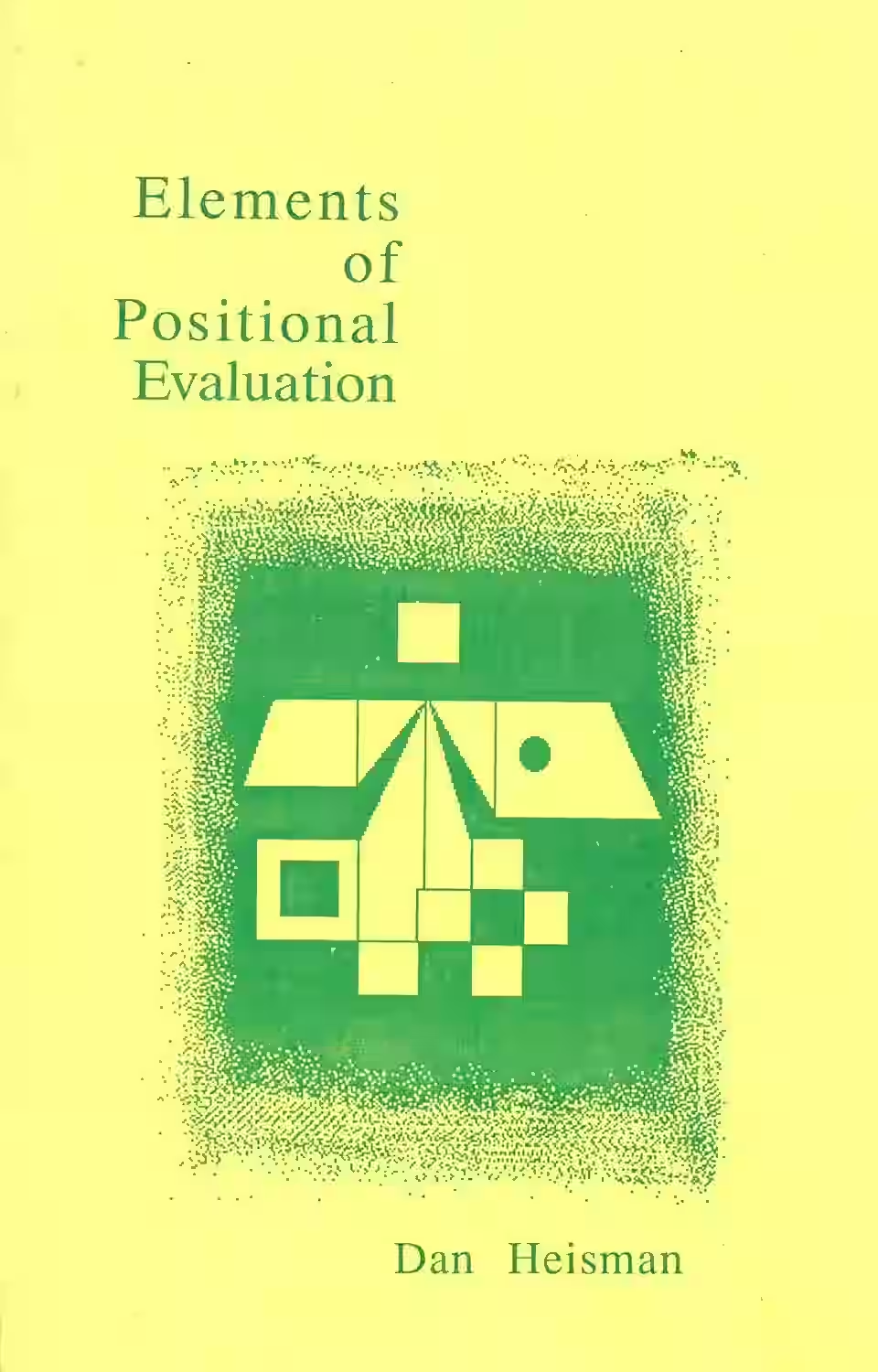
In 'Elements of Positional Evaluation' by Dan Heisman, readers are taken on a detailed exploration of the critical aspects that govern chess positioning. Heisman, a renowned chess instructor, delves into the nuanced strategies and principles that underpin evaluating positions effectively. Through clear explanations and illustrative examples, Heisman breaks down complex concepts such as pawn structure, piece activity, and space advantage, providing readers with the tools to enhance their positional understanding. This book serves as a valuable resource for both aspiring players looking to sharpen their skills and experienced enthusiasts seeking to deepen their strategic insights. Heisman's expertise shines through, making this a must-read for anyone looking to elevate their chess game.
About Dan Heisman
Dan Heisman is a renowned chess instructor, writer, and author known for his contributions to the world of chess literature. With a background in both mathematics and computer science, Heisman has a unique approach to teaching chess that blends analytical precision with practical strategies. He has penned several influential books on chess, including 'The Improving Chess Thinker' and 'Everyone's Second Chess Book,' which are widely regarded as essential reads for aspiring chess players. Heisman's impact on literature lies in his ability to make complex chess concepts accessible to readers of all skill levels, earning him a reputation as a leading figure in the realm of chess education.
Other Books by Dan Heisman
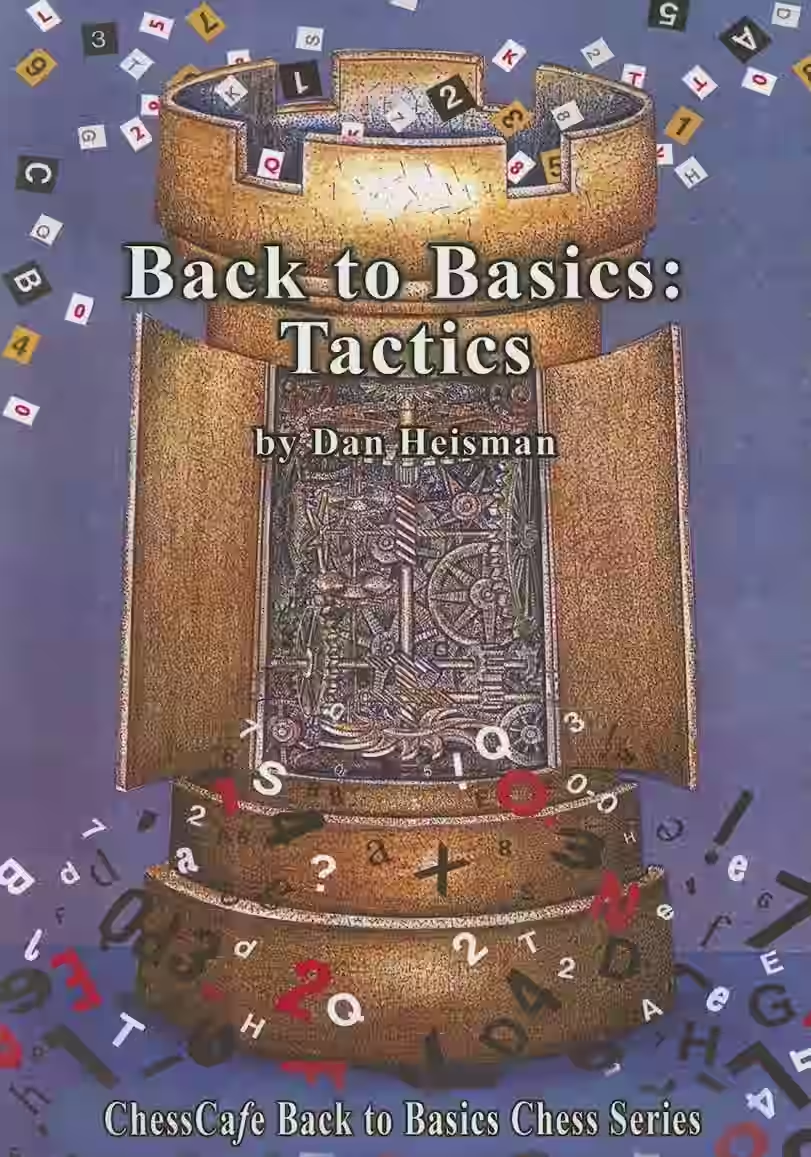
Back to Basics: Tactics
by Dan Heisman
In 'Back to Basics: Tactics' by Dan Heisman, readers are taken on a comprehensive journey through the fundamental tactics essential for success in chess. Heisman breaks down intricate strategies into accessible concepts for both novice and seasoned players, offering practical advice and exercises to hone tactical skills. Through clear explanations and illustrative examples, the book delves into crucial tactics such as pins, forks, discovered attacks, and more. With a focus on improving calculation and pattern recognition, 'Back to Basics: Tactics' serves as an invaluable resource for players looking to enhance their strategic prowess and deepen their understanding of chess dynamics.
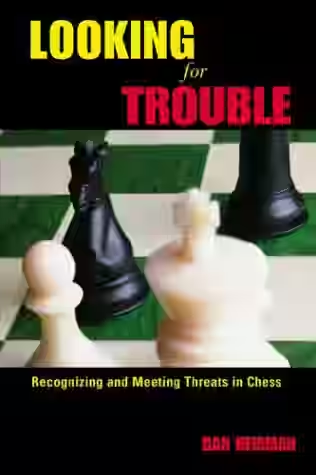
Looking for Trouble: Recognizing and Meeting Threats in Chess
by Dan Heisman
In 'Looking for Trouble: Recognizing and Meeting Threats in Chess' by Dan Heisman, readers are taken on a journey to improve their tactical skills in chess. Heisman delves into the concept of recognizing and addressing threats on the chessboard, crucial for players looking to advance their game. Through a series of engaging examples and detailed explanations, Heisman breaks down complex scenarios into digestible lessons, helping readers enhance their ability to anticipate and counter opponents' moves. This comprehensive guide is a valuable resource for both novice and experienced chess players seeking to sharpen their tactical awareness and strategic thinking.
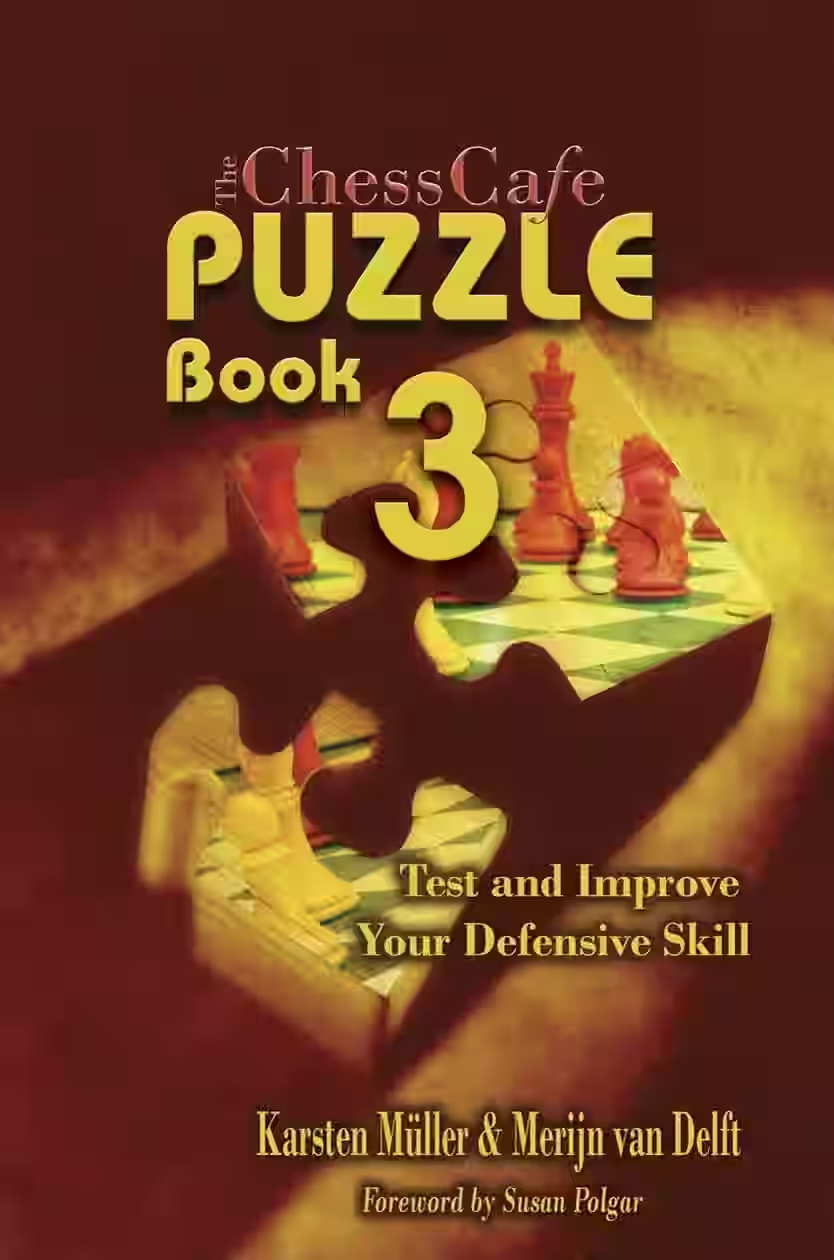
The Improving Chess Thinker
by Dan Heisman
In 'The Improving Chess Thinker', Dan Heisman provides a comprehensive guide for chess players looking to enhance their strategic thinking and gameplay. Through insightful analysis, practical examples, and clear explanations, Heisman delves into critical concepts like evaluation, planning, piece activity, and positional understanding. The book offers valuable advice on how to approach different stages of the game and make sound decisions under various circumstances. With its accessible writing style and strategic depth, 'The Improving Chess Thinker' serves as an invaluable resource for players seeking to elevate their skills and tactical acumen.
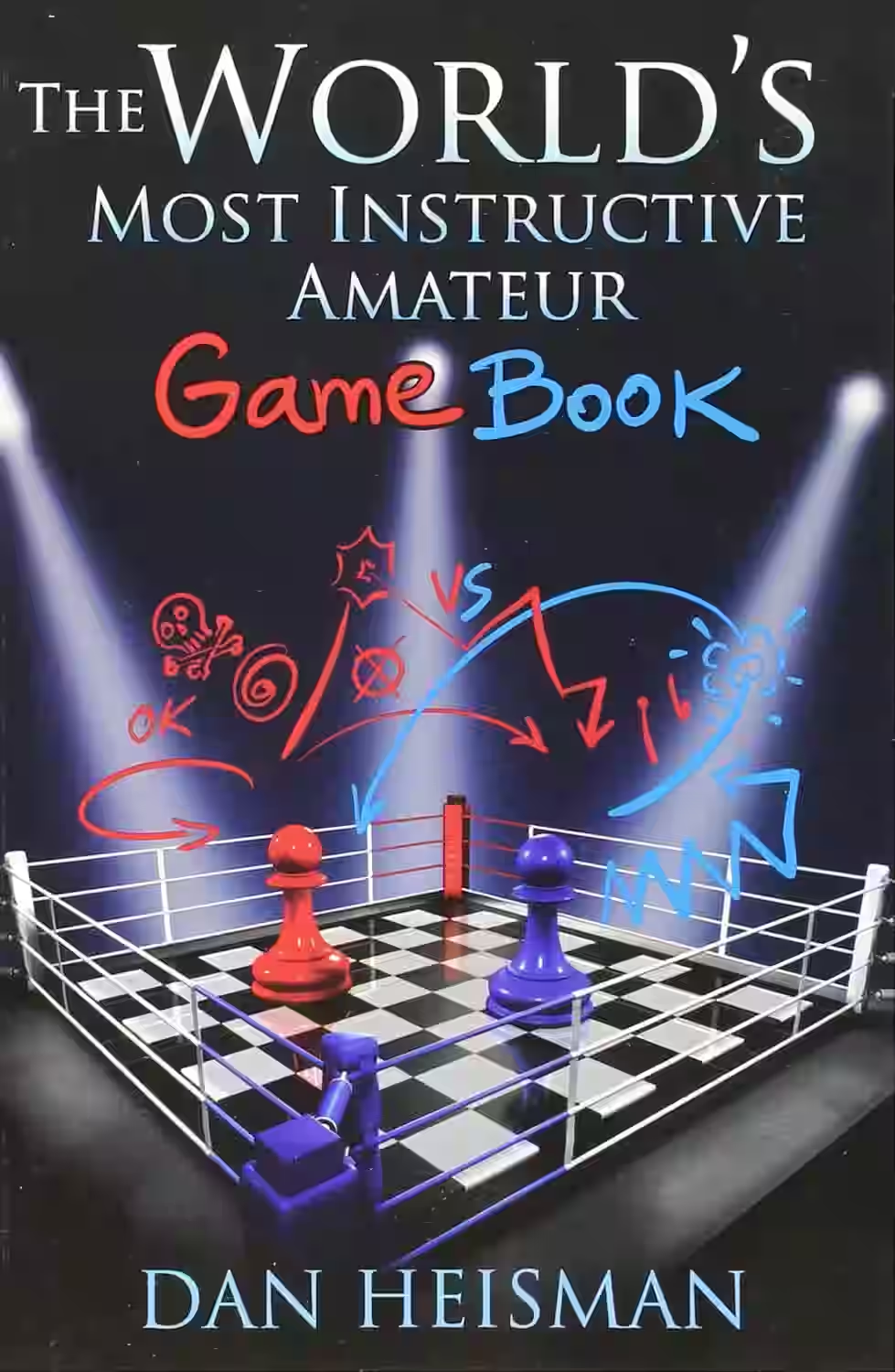
World's Most Instructive Amateur Game Book
by Dan Heisman
In 'World's Most Instructive Amateur Game Book,' Dan Heisman delves into chess games played by amateur players, offering valuable insights to help readers improve their gameplay. With a focus on practical strategies and tactical mistakes commonly made by beginners, this book presents a collection of annotated games that serve as powerful teaching tools. Heisman's clear explanations and highlighting of key learning points make this book an essential resource for chess enthusiasts looking to enhance their skills and understanding of the game. By studying the mistakes and successes of amateur players, readers can gain valuable lessons and improve their own gameplay.
Similar Books
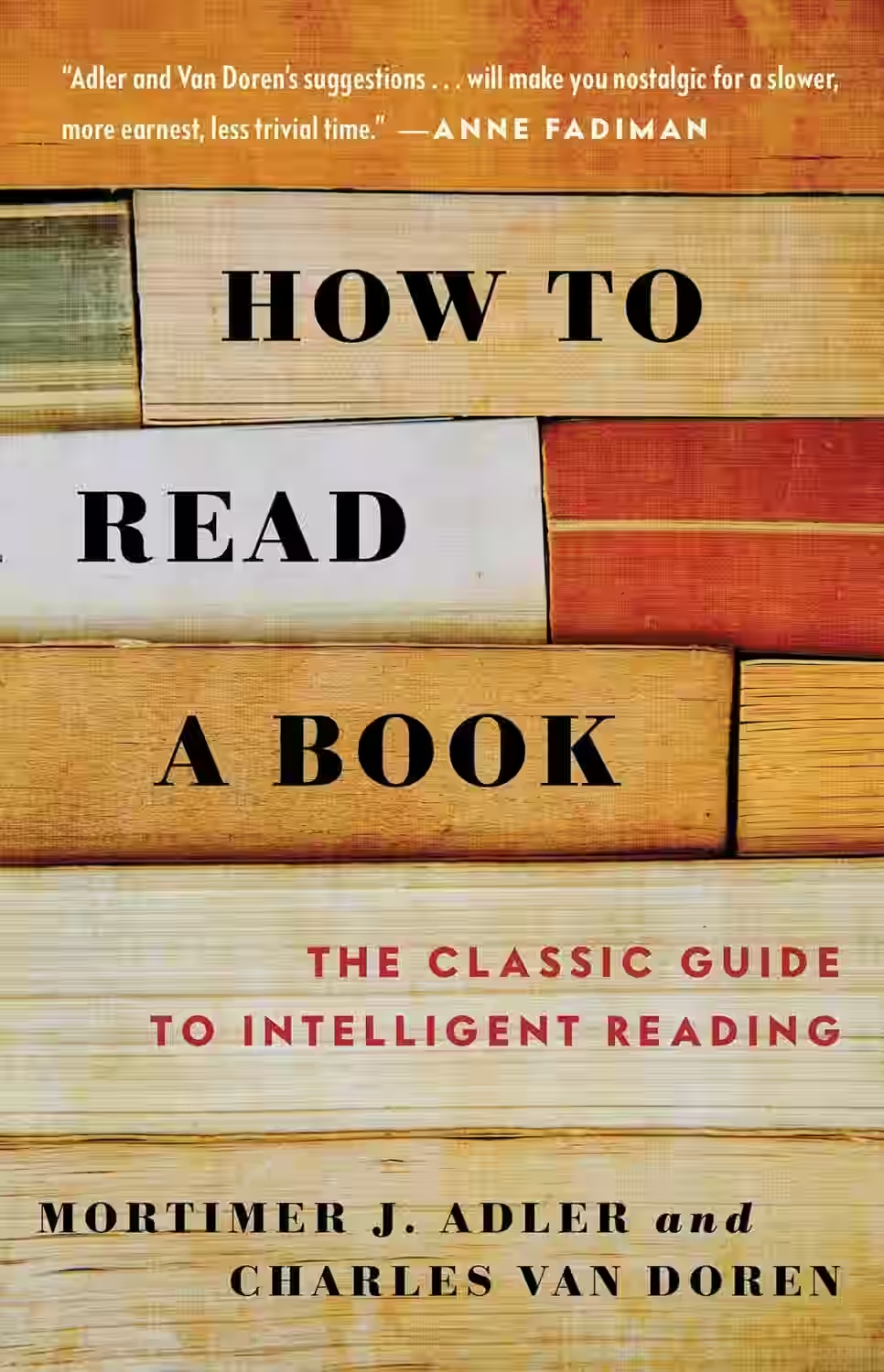
How to Read a Book
In 'How to Read a Book', Mortimer J. Adler presents a comprehensive guide on the art of reading carefully and effectively. He delves into the different levels of reading - from elementary reading to the analytical and syntopical levels - providing practical strategies to enhance comprehension and critical thinking. Adler emphasizes the importance of actively engaging with texts, questioning assumptions, and grasping the underlying messages. This book serves as a valuable tool for readers looking to deepen their understanding and extract maximum value from the written word. With its timeless advice and insightful teachings, 'How to Read a Book' is a must-read for anyone seeking to become a more discerning and thoughtful reader.
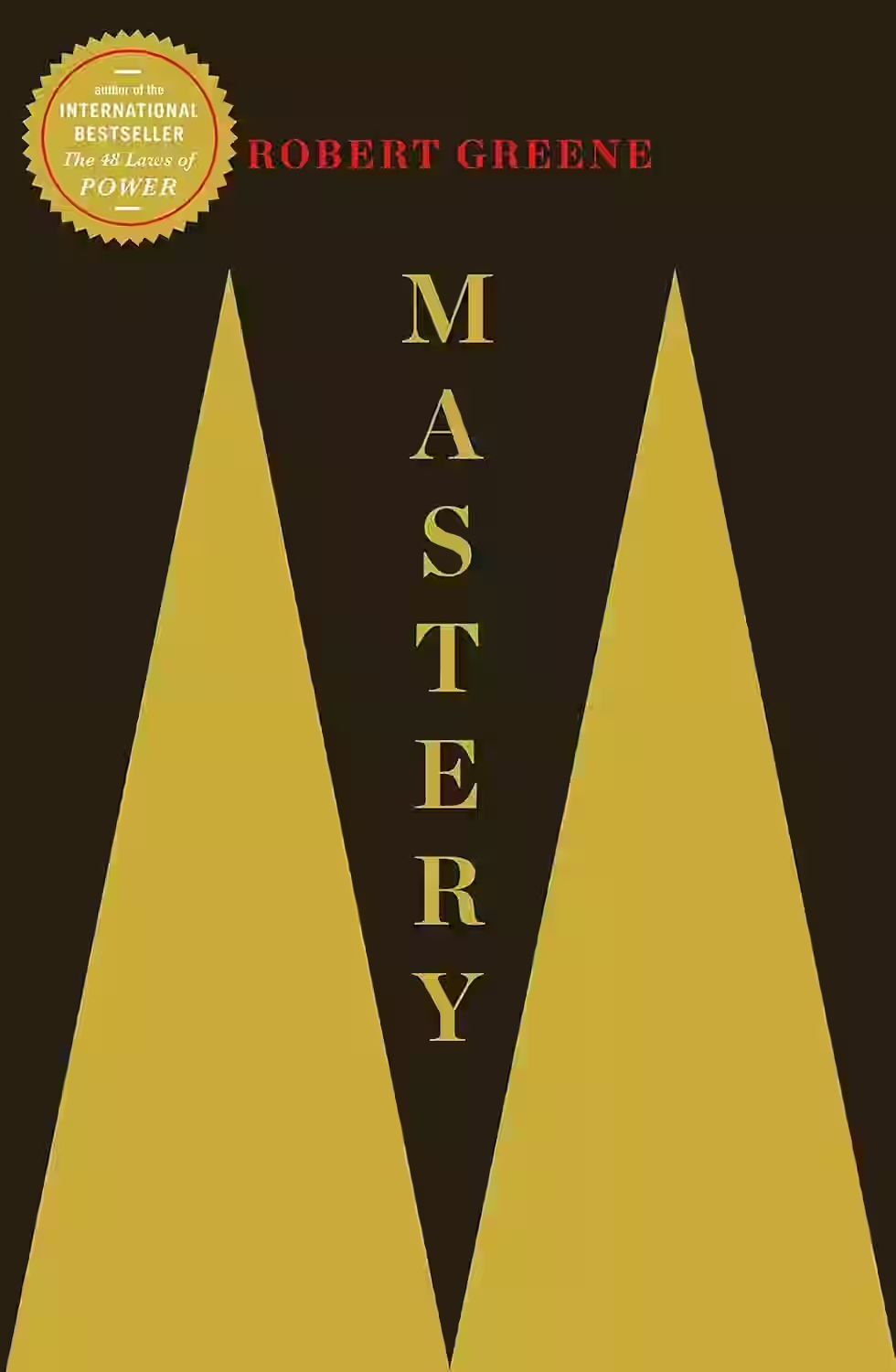
Mastery
Robert Greene examines the paths of historical figures and contemporary experts to uncover the principles of achieving mastery in any field. He outlines a process involving apprenticeship, practice, and innovation, emphasizing the importance of perseverance.
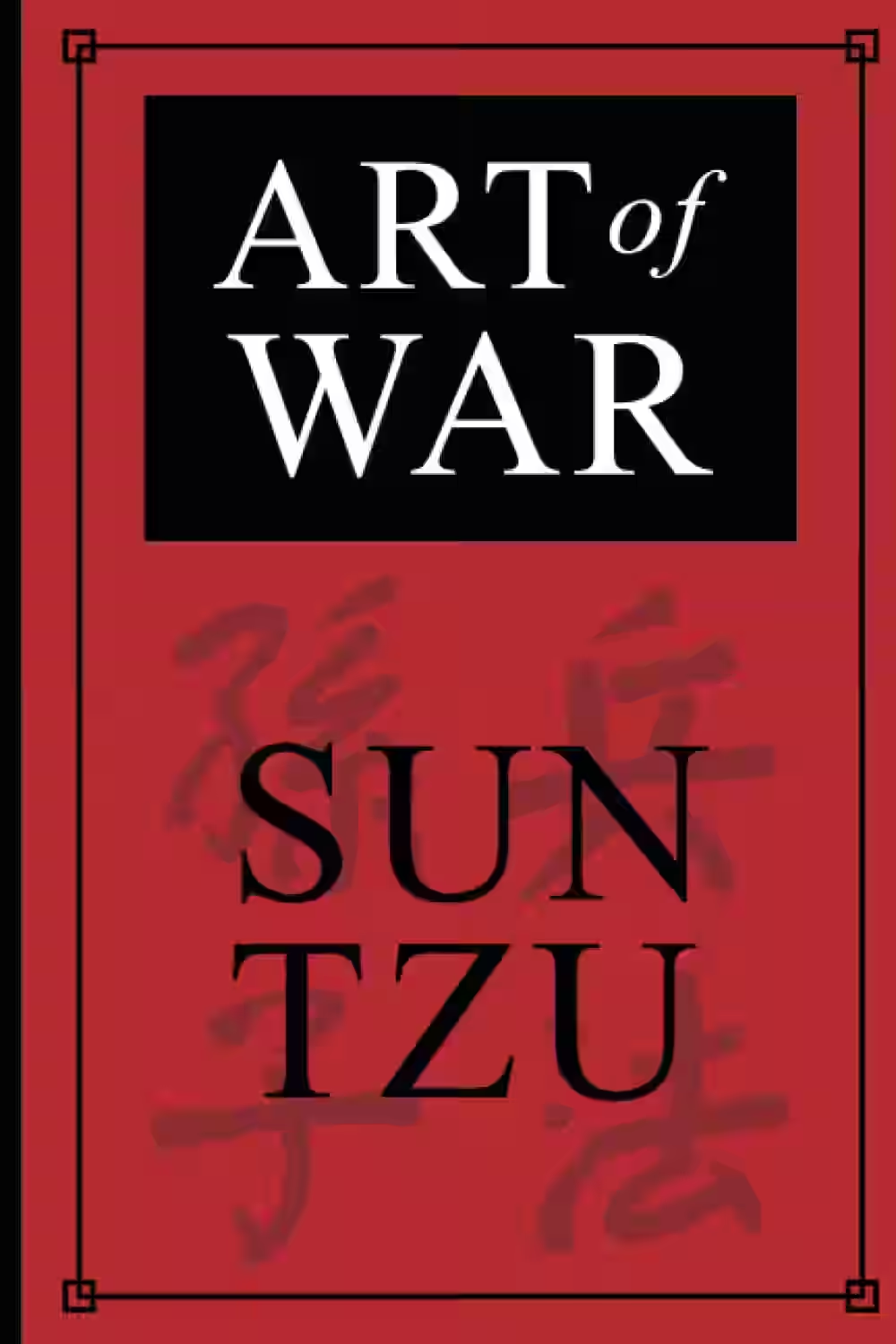
The Art of War
by Sun Tzu
The Art of War is a classic Chinese military treatise attributed to Sun Tzu, written over 2,000 years ago. It offers timeless strategies for warfare, emphasizing intelligence, adaptability, and psychological insight over brute force. Though rooted in military contexts, its principles have influenced leaders, business strategists, and thinkers worldwide. The book promotes discipline, careful planning, and the importance of understanding both yourself and your opponent. With aphoristic wisdom and practical advice, The Art of War endures as a foundational text on conflict, leadership, and strategic thinking in both personal and professional realms.

Poor Charlies Almack
A compilation of speeches, wisdom, and life philosophy from billionaire investor Charlie Munger, Poor Charlie’s Almanack offers insights into decision-making, mental models, and value investing. Munger, Warren Buffett’s longtime partner at Berkshire Hathaway, emphasizes multidisciplinary thinking, rationality, and lifelong learning. Packed with anecdotes, humor, and practical advice, the book blends financial acumen with timeless life lessons. Ideal for entrepreneurs, investors, and anyone seeking intellectual enrichment, it’s both a business manual and a guide to clear thinking and ethical living.